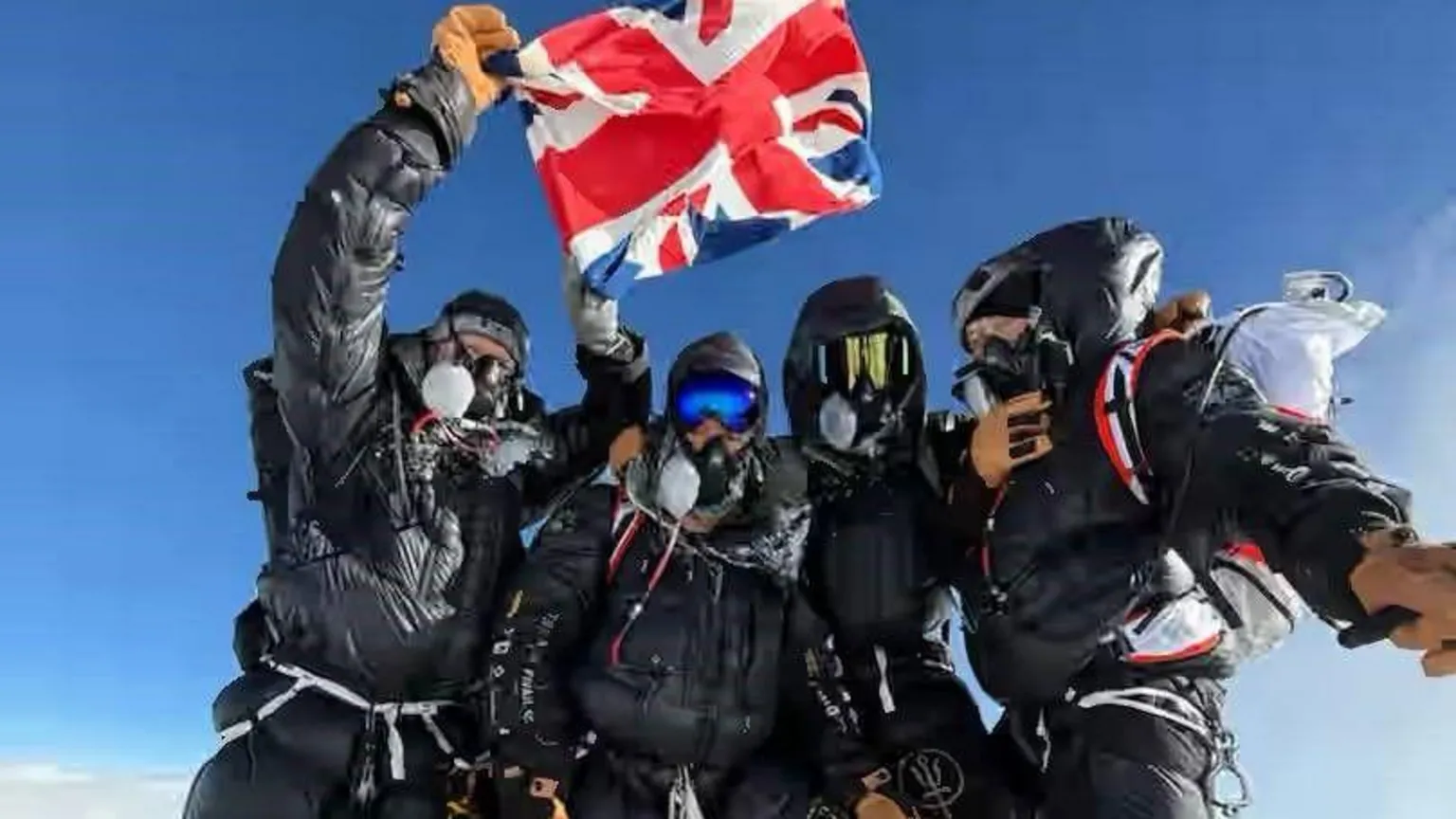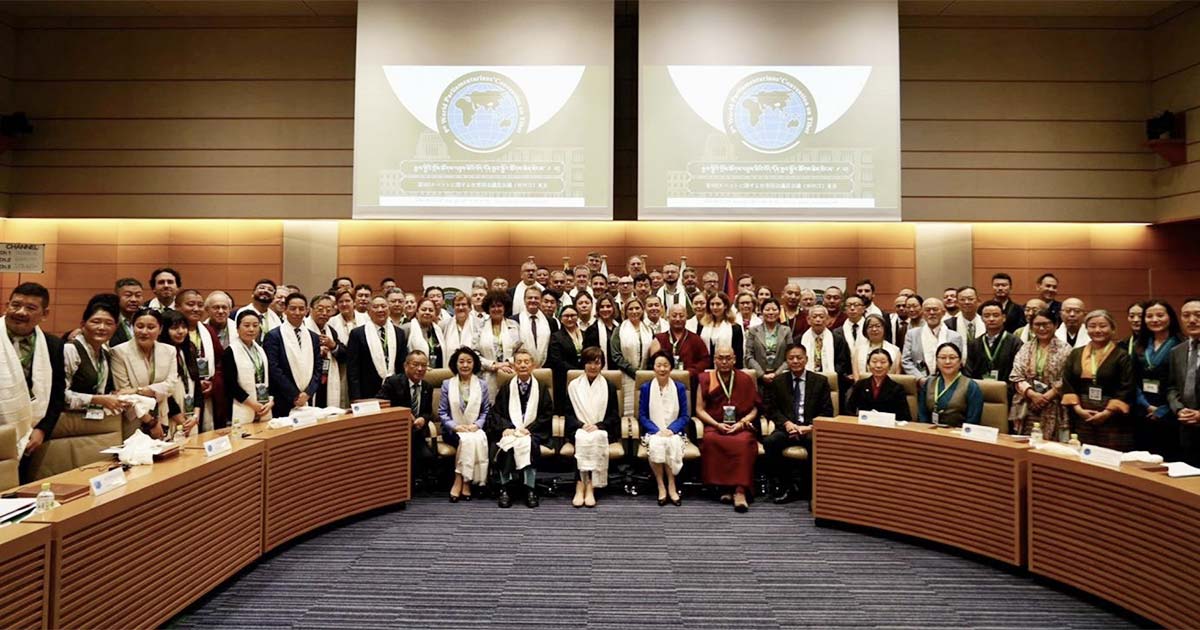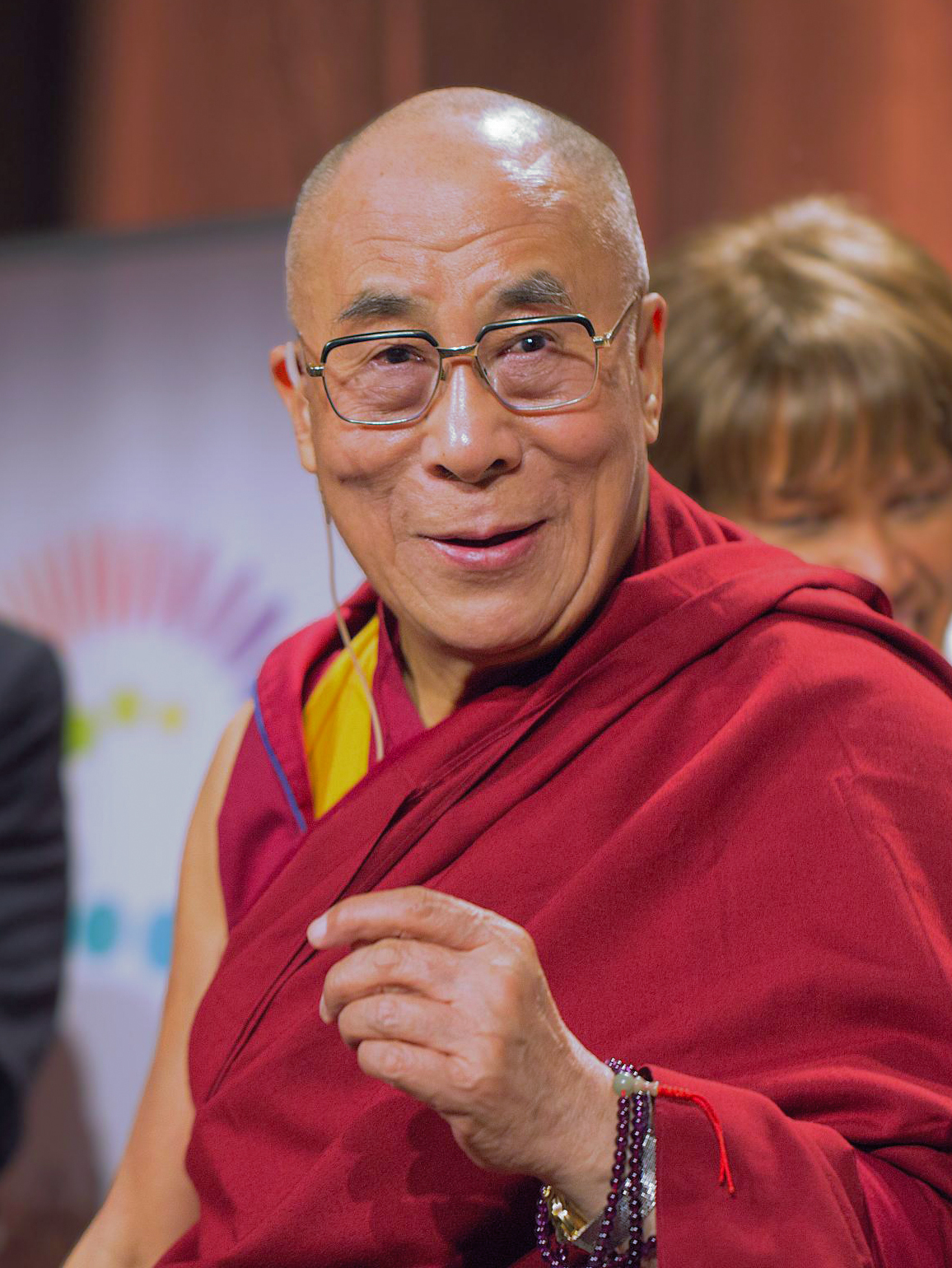In a groundbreaking and controversial expedition, four British former special forces soldiers — including UK veterans minister Alastair Carns — have set a new record by summiting Mount Everest in under five days without acclimatising on the mountain itself.
The team reached the 8,849-meter (29,032-foot) summit early on Wednesday morning, after beginning their climb on the afternoon of May 16. Their rapid ascent — completed in approximately four days and 18 hours — was made possible through a unique combination of pre-acclimatisation strategies, including sleeping in hypoxic tents and inhaling xenon gas.
Unlike traditional Everest expeditions, which require climbers to spend six to eight weeks gradually acclimatising at various altitudes on the mountain, this group used modern technology to prepare. For six weeks before arriving in Nepal, the climbers slept in special tents designed to simulate high-altitude conditions by reducing oxygen levels. They also underwent xenon gas treatments in a German clinic two weeks prior to departure.
According to expedition organiser Lukas Furtenbach, xenon gas aids in producing erythropoietin — a protein that boosts red blood cell production, helping the body cope with low oxygen levels and potentially preventing altitude sickness. However, the use of xenon in high-altitude mountaineering remains controversial. The scientific consensus is still divided, and many experts in the mountaineering community have expressed skepticism over its safety and effectiveness.
The team flew directly from Kathmandu to Everest Base Camp and began their ascent immediately. Accompanied by five Sherpa guides and a cameraman, they used supplemental oxygen during their climb, as is common on Everest.
While this marks the fastest Everest ascent without prior acclimatisation in the Himalayas, it is not the fastest overall. That record still belongs to Lhakpa Gelu Sherpa, who in 2003 reached the summit from base camp in just 10 hours and 56 minutes — after properly acclimatising over several weeks.
The expedition has sparked debate about the ethics, safety, and future of high-altitude climbing. Traditionalists argue that Everest should not become a racecourse for experimental methods, especially when the long-term health effects of such techniques are not fully understood.
Despite the criticism, the record-breaking feat has brought attention to new frontiers in mountaineering science — and reignited discussions about how far climbers should go in the pursuit of speed and summit glory.










